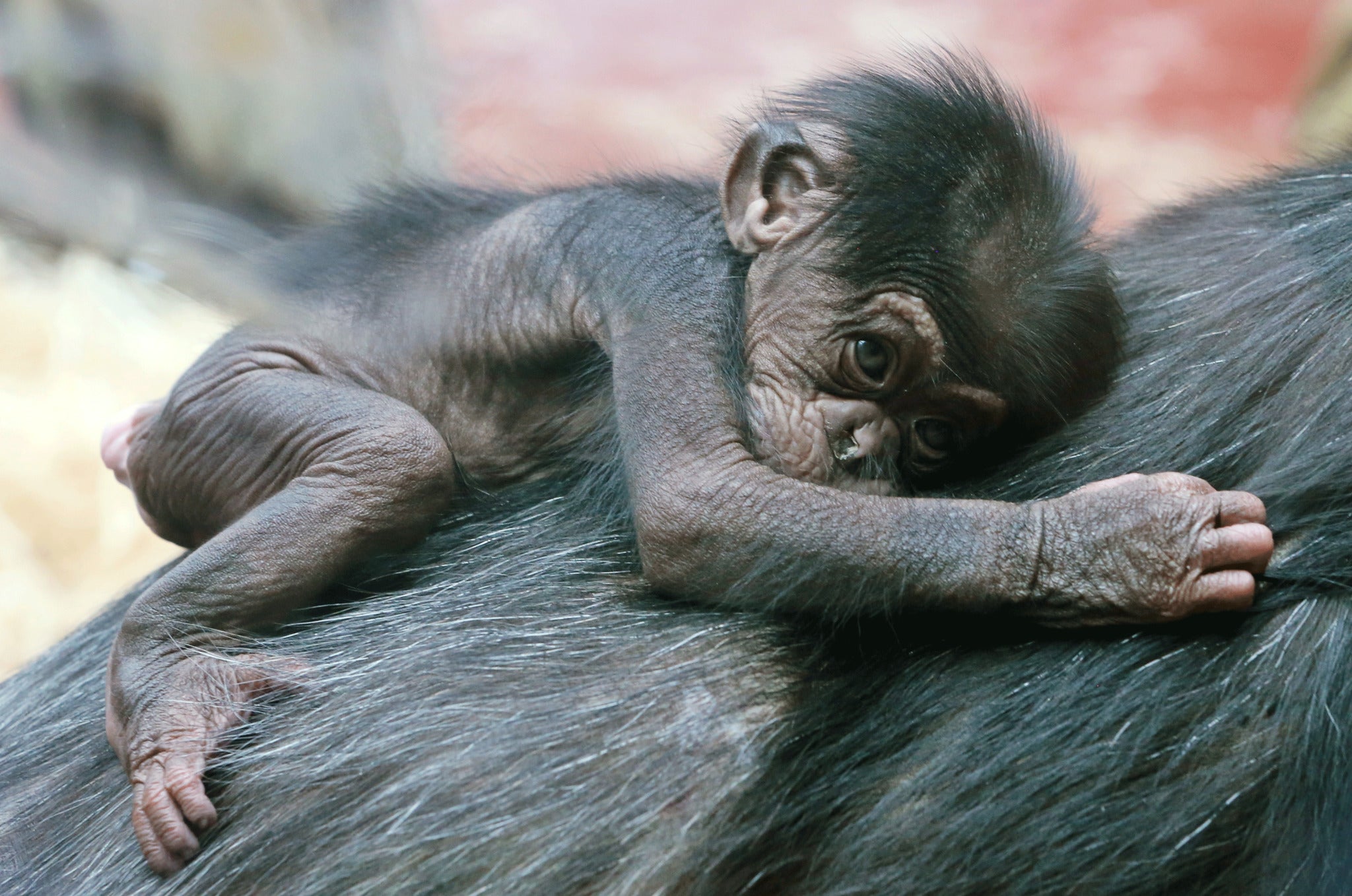Chimpanzees may have a similar sense of right and wrong to humans, new study finds
The apes were suggested to have concepts of morality that echoed those in humans

Your support helps us to tell the story
From reproductive rights to climate change to Big Tech, The Independent is on the ground when the story is developing. Whether it's investigating the financials of Elon Musk's pro-Trump PAC or producing our latest documentary, 'The A Word', which shines a light on the American women fighting for reproductive rights, we know how important it is to parse out the facts from the messaging.
At such a critical moment in US history, we need reporters on the ground. Your donation allows us to keep sending journalists to speak to both sides of the story.
The Independent is trusted by Americans across the entire political spectrum. And unlike many other quality news outlets, we choose not to lock Americans out of our reporting and analysis with paywalls. We believe quality journalism should be available to everyone, paid for by those who can afford it.
Your support makes all the difference.Our closest evolutionary relatives, chimpanzees, may have a similar concept of right and wrong to humans a study has found.
The apes were suggested to have concepts of morality that echoed those in humans after two groups of primates paid more attention to barbaric video clips of an infant chimp being killed by its own kind than those showing other acts of violence.
By singling out this attack over the others it suggests that the animals viewed it as being beyond the boundaries of normal behaviour.
Scientists think that these new findings could help clarify how human morality and social norms have evolved.
The study, which involved 17 chimps from two Swiss zoos in Gossau and Basel, monitored the chimps as they watched film clips of other chimpanzees engaged in activities that ranged from walking and cracking nuts to displaying violent and aggressive behaviour.
The animals watched the films showing chimpanzees killing one of their own infants four times longer than any of the other movies, including those showing a colobus monkey being hunted and killed by chimps as well as those showing adult chimpanzees displaying aggressive behaviour towards each other.
“Striking” screaming was present in many of the videos shown to the chimps, so scientists ruled this out as the reason the infanticide scene may have sparked their attention. There was also no difference between the attention spans of male and female chimps watching the videos.
The team of researchers, led by Dr Claudia Rudolf von Rohr from the University of Zurich, wrote in the journal of Human Nature: "We found that chimpanzees discriminated between a video clip depicting severe aggression against an infant and video clips depicting other forms of social aggression or neutral behaviour.”
"Specifically, they showed significantly longer looking times in the infanticide condition than in the control conditions.”
"This result is consistent with the idea that severe aggression against infants did not match chimpanzees' social expectations of a certain tolerance normally afforded to infants."
The team did find that despite watching the infanticide scene for longer, on the whole the chimps did not become emotionally aroused by what they saw. Scientists pinned this down to fact that because the chimps were uninvolved “bystanders” they failed to empathise strongly with outsiders to their group.
Dr Rudolph von Rohr said: "The results suggest that chimpanzees detect norm violations both within their group as well as in a group of unfamiliar individuals, but that they will only respond emotionally to such norm violations within their own group."
Scientists hope that this study ”might provide us with important insights into the evolution of specific social norms in humans and why some of them are widely accepted and others more difficult to establish."
Additional reporting by Press Association
Join our commenting forum
Join thought-provoking conversations, follow other Independent readers and see their replies
Comments